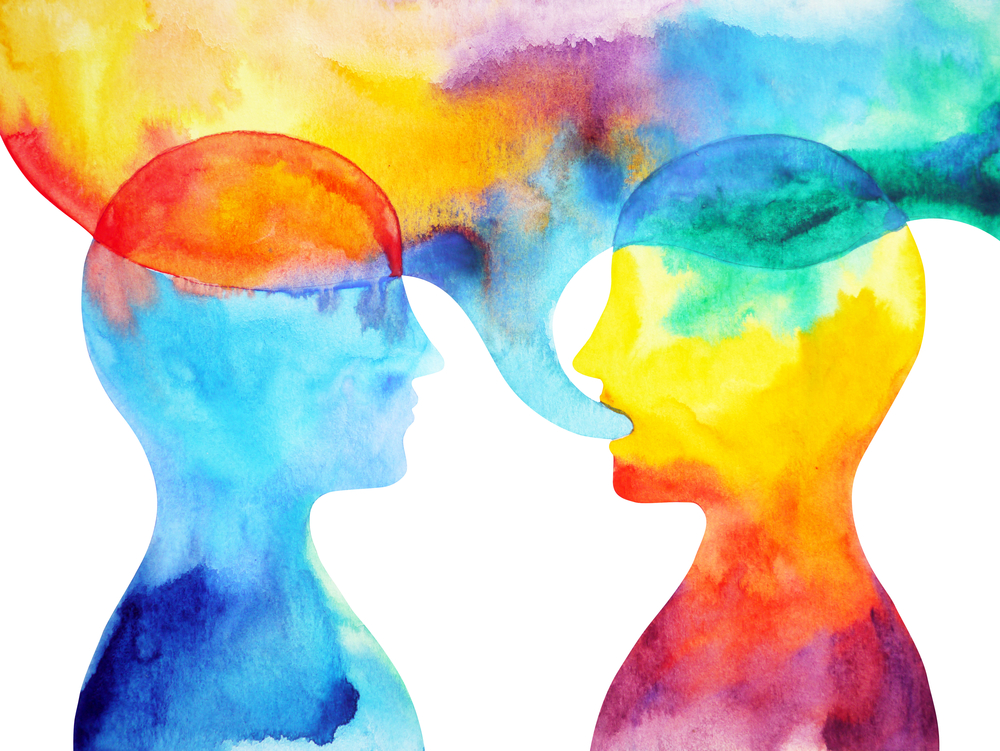Welcome to our special section, Thrive on Campus, devoted to covering the urgent issue of mental health among college and university students from all angles. If you are a college student, we invite you to apply to be an Editor-at-Large, or to simply contribute (please tag your pieces ThriveOnCampus). We welcome faculty, clinicians, and graduates to contribute as well. Read more here.
Feelings of isolation and stress when paired with the pressures of finding your identity can make the transition to adulthood and independence very difficult for many college students. The prescribed advice is most frequently to reach out for professional help, and most universities provide competent counseling staff to facilitate this process for students, however, what are students to do when they feel as though the counselors provided to them don’t reflect their cultural background and cannot understand their experiences?
I experienced this first hand when I went to the counseling department at my school to talk about my feelings of exclusion from the ssocial culture on campus. At my school, nearly 70 percent of eligible students are affiliated in Greek Houses, making Greek Life a dominating social force, however, the numbers of black and non-black POCs are alarmingly low. I wanted to speak to someone about how this made me question my sense of belonging at my school, but when I reported to my appointment, I felt uncomfortable explaining the situation to the white male sitting across from me who frankly could not understand what it was like to feel excluded on the basis of your race. It ended up being a pretty unproductive session.
I was fortunate that I was able to find a psychologist I related to a lot more at my school, but this is not always the outcome for many students of racial and religious minority status. It is easy to feel defeated and give up after a counseling failure — especially given that in communities of color like the African-American one to which I belong, there is often stigma against mental health issues, particularly in men, leaving far too many students with no one they feel comfortable talking to.
Here are some tips for students looking for people of color or a culturally competent psychologist to talk to:
1. There is nothing wrong with asking if a therapist has seen patients of your ethnic background before.
If they have experience talking about the issues that others in your community struggle with, it might be easier for them to understand without you having to explain and justify everything.
2. Consider talking to psychology graduate students.
While professional counseling is always recommended first, if you don’t feel comfortable talking to your school’s staff this might be a good option. Graduate students have gone through a lot of training and are looking for experience talking to patients. They will also understand the pressures of schoolwork, and it is likely that there will be enough students of color that you can find one that you share a cultural background with.
3. Ask those around you for recommendations.
You might find yourself more comfortable telling your friends you are struggling without delving into the specifics. You would be surprised how many people have been through similar situations, so asking if they know any good therapists is a great way to clue them in on what you’re dealing with, while potentially shortening your search for a psychologist.
4. Talk to you an RA.
While RAs have no professional training, they are expected to be a resource for students with concerns. If they cannot help you, they can at least redirect you to other resources.
5. Consider using a directory.
If the previous options do not work for you and you are able and willing to seek therapists outside of your school, sites like Muslim Mental Health and Therapy for Black Girls will offer you a list of therapists in your area that fit the description you are looking for.
Subscribe here for all the latest news on how you can keep Thriving.
More on Mental Health on Campus:
What Campus Mental Health Centers Are Doing to Keep Up With Student Need
If You’re a Student Who’s Struggling With Mental Health, These 7 Tips Will Help
The Hidden Stress of RAs in the Student Mental Health Crisis


